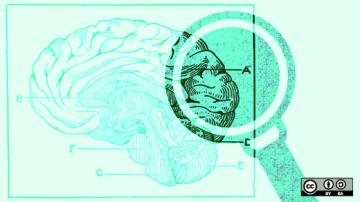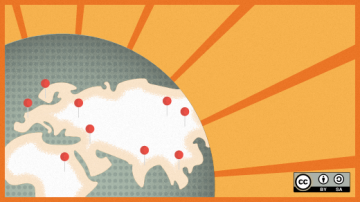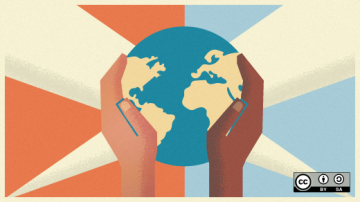
Ron McFarland has been working in Japan for over 40 years, and he's spent more than 30 of them in international sales, sales management training, and expanding sales worldwide. He's worked in or been to more than 80 countries. Over the most recent 17 years, Ron had established distributors in the United States and throughout Europe for a Tokyo-headquartered, Japanese hardware cutting tool manufacturer. More recently, he's begun giving seminars in English and Japanese to people interested in his overseas travels and expanding business overseas. You can find him on LinkedIn.







Authored Comments
I must admit, when writing and now reading this article, I found it depressing, as the thinking in these communities is so counter-productive. The good thing is that based on the researchers’ interviewing of over 24,000 company employees, only 2% are in community thinking pattern #1 ("life is miserable") and 22% are in community thinking pattern #2 ("my life is miserable"). A whopping 49% are in community thinking pattern #3 ("I'm great"), and this is where most of our introducer-in-chief leaders should place their attention. Believe me, part #2 in this article will be more enlightening and positive.
In my article the path to an open world begins with inclusivity, I mention six steps to promote inclusivity in societies, namely, 1-Recognition, 2-Respect, 3-Understanding, 4-Tolerance, 5-Optimism, and 6-Patience. In this discussion two other concerns were mentioned:
The issue of overcoming fear of others is another concern that should be address.
Furthermore, the issue of values also came up. Based on our personal values, there are societies or even communities that we don’t want to be a part of. This could be included in those steps I write about.